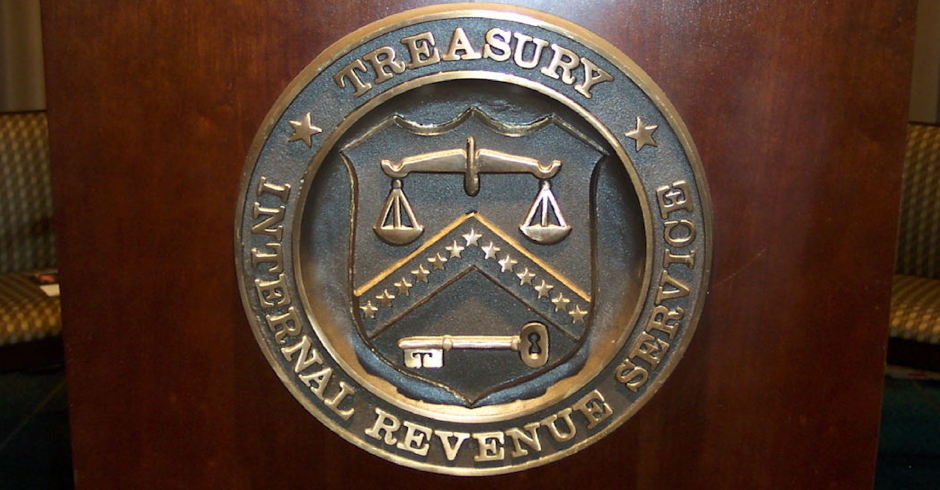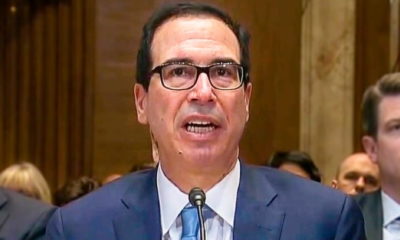News
IRS to Focus on Tax-Dodging Millionaires Instead of ‘Working-Class Taxpayers’

The IRS announced that its enforcement system will change its focus from going after average and low-income taxpayers to millionaires and corporations who owe hundreds of thousands of dollars in tax debt.
The change follows a recent “top-to-bottom review of enforcement efforts,” the IRS said Friday. In addition to focusing on “high-income” cases of people earning more than $1 million a year with over $250,000 in tax debt, the agency said it was increasing safeguards for people receiving the Earned Income Tax Credit, one of the government’s largest antipoverty programs.
“This new compliance push makes good on the promise of the Inflation Reduction Act to ensure the IRS holds our wealthiest filers accountable to pay the full amount of what they owe,” said IRS Commissioner Danny Werfel. “The years of underfunding that predated the Inflation Reduction Act led to the lowest audit rate of wealthy filers in our history.”
The Biden administration’s Inflation Reduction Act, passed in August 2022, gave the agency $80 billion. Prior to the Inflation Reduction Act, funding for the IRS had been cut repeatedly since 2010, according to the Center on Budget and Policy Priorities.
During former President Donald Trump’s term, additional cuts were made, even over the objections of Trump’s Treasury Secretary Steven Mnuchin. During Trump’s administration, the number of IRS agents had been cut by a third from 2010 levels, according to a 2018 ProPublica investigation, with the number of auditors reaching levels not seen since the early 1950s.
Under the Trump administration, 36% of audits were towards people receiving the Earned Income Tax Credit, according to ProPublica. Most of of those receiving the credit earned under $20,000. Between 2011 and 2018, the number of audits for those earning over $500,000 a year dropped from 8% to 2.5% while audits of those earning under $25,000 only dropped from 1.2% to 0.7%.
“Republican budget cuts going back a decade have gutted the ability of the IRS to crack down on tax cheating by high earners,” Senator Ron Wyden (D-Oregon) told the Associated Press in 2020. “The next Congress needs to get serious about making sure that corporations and the wealthy are paying a fair share, and rebuilding IRS enforcement is a big part of that job.”
The $80 billion from the Inflation Reduction Act is more than six times the IRS’ 2017 annual budget of $12 billion.
Enjoy this piece?
… then let us make a small request. The New Civil Rights Movement depends on readers like you to meet our ongoing expenses and continue producing quality progressive journalism. Three Silicon Valley giants consume 70 percent of all online advertising dollars, so we need your help to continue doing what we do.
NCRM is independent. You won’t find mainstream media bias here. From unflinching coverage of religious extremism, to spotlighting efforts to roll back our rights, NCRM continues to speak truth to power. America needs independent voices like NCRM to be sure no one is forgotten.
Every reader contribution, whatever the amount, makes a tremendous difference. Help ensure NCRM remains independent long into the future. Support progressive journalism with a one-time contribution to NCRM, or click here to become a subscriber. Thank you. Click here to donate by check.
 |
























